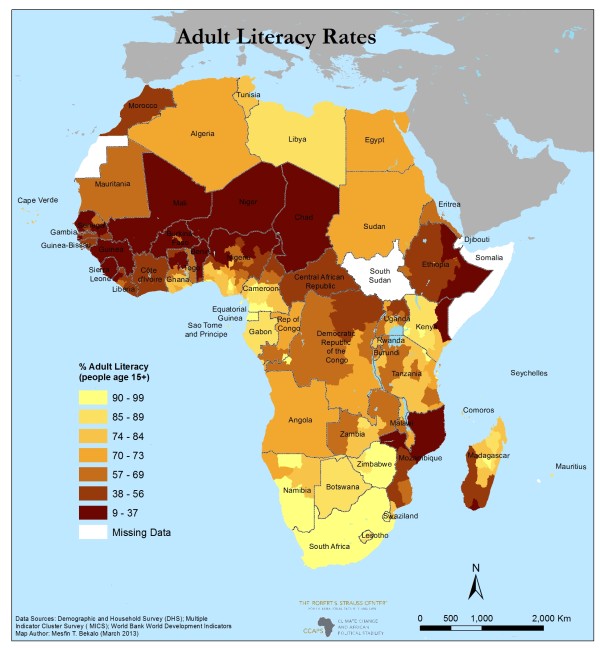Like so much else in international relations, the answer to this question seems "obvious." But, like so much else, it gets trickier when we really investigate the situation, and it reveals nuances to international relations that many scholars and policy analysts...


